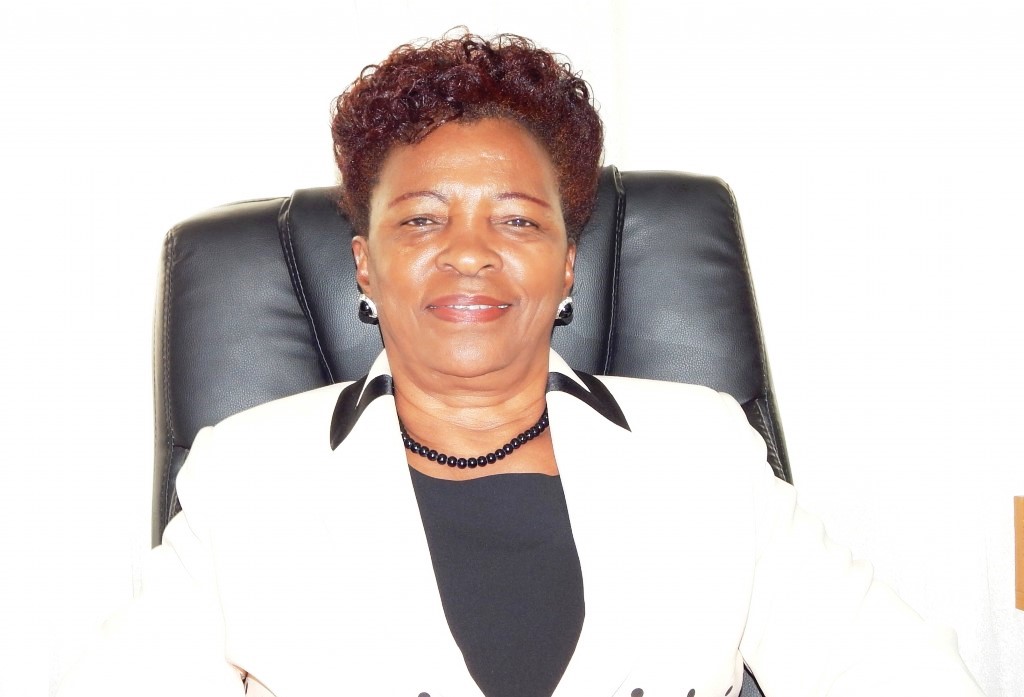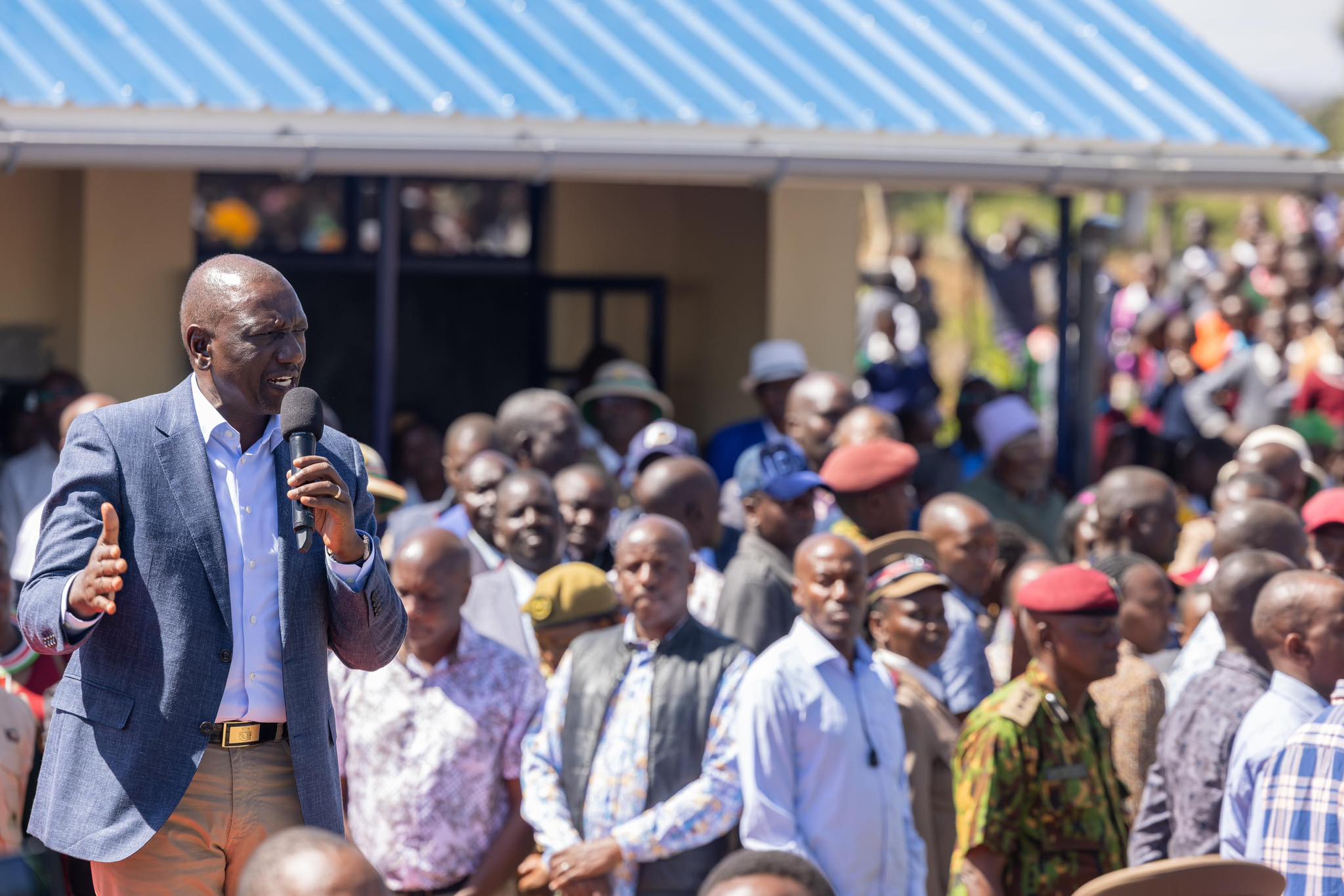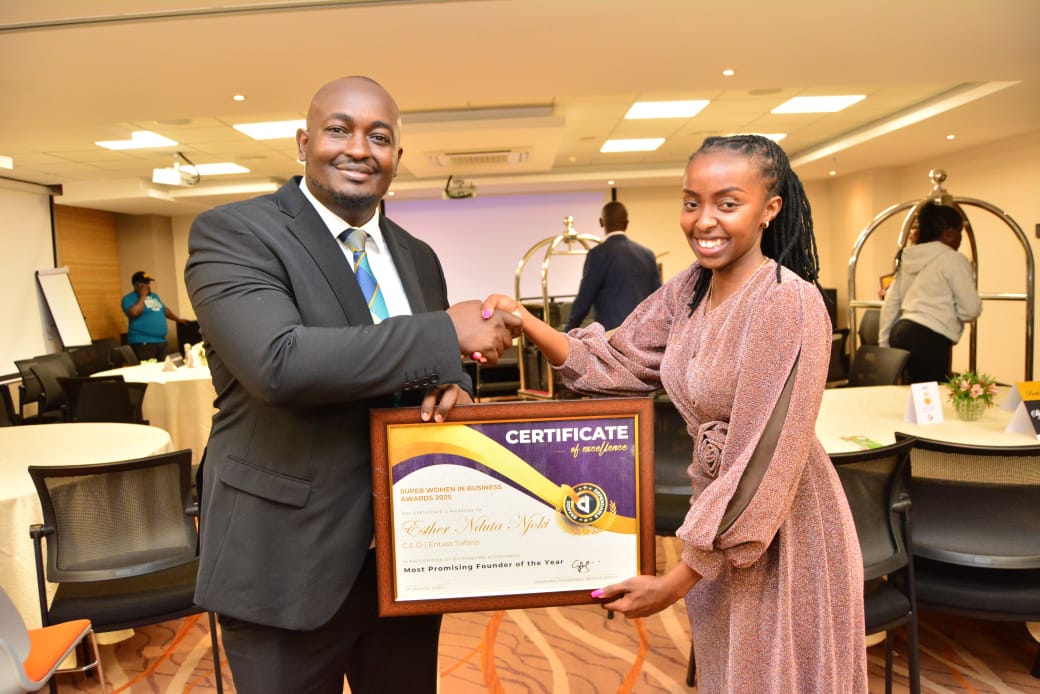The Kenya Society of Professional Co-operators (KSPC) has officially released its training plan for this year targeting key players in the sector.
The training, spread out throughout the year started February, will basically target Chief Executive Officers (CEOs) and their deputies (D/CEOs), Heads of Departments (HoDs), Boards and Supervisory Committees, and staff working in the sector and its related sub-sectors.
National and county government cooperative officials, regulators and academia will not be left out either.
When the training kicked off in February, the topic was the fundamentals of cooperative business, where the cooperators were taken through an understanding the historical development of cooperative philosophy, business model, legal and regulatory frameworks, application of cooperative principles and values, and emerging issues in cooperatives.
This evolved into understanding of cooperative legislation in March, in particular the legal structures and types of cooperatives, regulatory compliance and enforcement, amendments and updates on cooperative legislation, comparative analysis of international cooperative legislator, and case studies illustrating legal challenges faced by cooperatives and how they were addressed.
From Kisumu they will move to Nakuru in April with the training focusing on navigating board dynamics in driving performance of cooperatives.
The Nakuru training will focus on understanding board roles and responsibilities; fostering a culture of trust, transparency, and collaboration, budget oversight and financial decision-making, evaluating board performance and addressing areas of improvement, and learning from real world examples of effective board dynamics.
Mombasa will be a beehive of activity since the society is planning to hold various training workshops from May through to July, then later in December.
May will be a revisit of the issues discussed in February, to pave way for June whose focus will be certified cooperative professionals and emotional intelligence, including developing emotionally intelligent teams for enhanced performance, building resilience through emotional intelligence practices, and analyzing successful professionals with strong emotional intelligence.
Unbundling the principle of cooperative education training and innovation will be a topic of discussion and training in July, where it will focus on in-depth exploration of the seven cooperative principles, designing and implementing education programmes, cooperative education as a tool for empowerment, and leveraging technology as a digital tool for efficient and accessible training tool.
READ ALSO:
https://saccoreview.co.ke/cooperatives-bill-should-reflect-proposals-in-sessional-paper-no-4-of-2020/
KSPC’s series of workshops in Mombasa will end in December, which will be a cooperative professionals and compliance forum that will be addressing industry-specific compliance challenges, compliance and ethical considerations, roles and compliance framework of cooperative professionals, best practices in cooperative compliance, and regulatory updates and trends.
In August, September, October and November, the society will be holding its workshops and trainings in Nanyuki, Naivasha, Murang’a, and Kisumu respectively; with cooperatives and the environment being discussed in August.
This will focus on understanding the environmental impact of cooperatives, environmental policy development for cooperatives, green funding and supply chains for cooperatives, biodiversity conservation in cooperative operations, carbon footprint measurement and reduction, and navigating legal frameworks related to environmental sustainability in cooperative operations.
Cooperative audit programme will be discussed during the September workshop training focusing on the cooperative business model; types of cooperatives, cooperative auditing, governance, analysis of income statements, cooperative taxes, and soft skill.
The Murang’a workshop will be on change and change agents in cooperatives and will focus on nature of change, framework of change management and leadership, creating and engaging change management strategies, identifying, developing and empowering change agents, and overcoming resistance and sustaining the change.
In Kisumu, the society will focus on moulding and unleashing good governors through application of cooperative principles.
This will cover areas like cooperative principles and their significance in governance, application of cooperative principles in leadership development, measuring and evaluating governance effectiveness, the future of cooperative governance, and case studies and best practices that have excelled in governance through the application of cooperative principles.
By Roy Hezron
Get more stories from our website: Sacco Review.
For comments and clarifications, write to: Saccoreview@
Kindly follow us via our social media pages on Facebook: Sacco Review Newspaper for timely updates
Stay ahead of the pack! Grab the latest Sacco Review newspaper!



